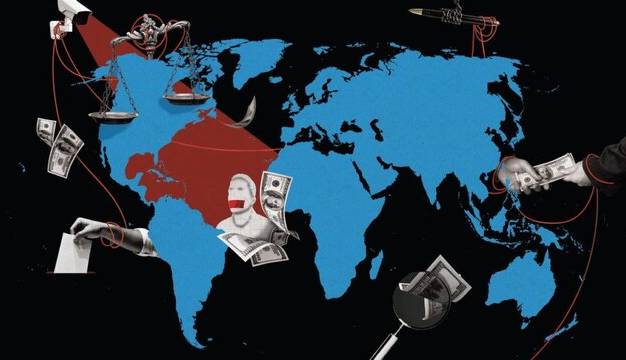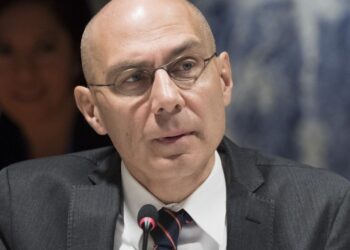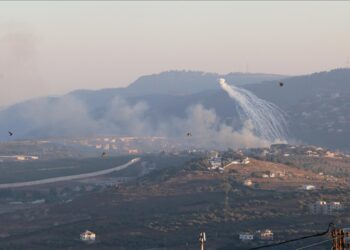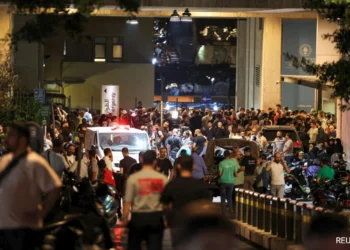Human Lives Human Rights: Transparency International published its annual ranking of corruption in different governments of the world, in which Denmark ranks the top position and Somalia the last one.
The CPI ranks 180 countries and territories around the world by their perceived levels of public sector corruption, scoring on a scale of 0 (highly corrupt) to 100 (very clean).
Denmark with 90 points and Somalia with 12 points occupy the first and last positions of this list, respectively.
The global average remains unchanged for over a decade at just 43 out of 100. More than two-thirds of countries score below 50, while 26 countries have fallen to their lowest scores yet. Despite concerted efforts and hard-won gains by some, 155 countries have made no significant progress against corruption or have declined since 2012.
Other countries in this list include Finland and New Zealand ranked 2nd, Australia ranked 13th, Canada ranked 14th, the United States (24th), UAE (27th), Israel (31st), Saudi Arabia (54th), China (65th), Turkey (101), Ukraine (116), Russia (137), Pakistan (140), Afghanistan and Lebanon (150), Iraq, Azerbaijan and Myanmar (157), North Korea (171), Venezuela (177) and Syria (178).
Conflict, security and trouble at the top
Global peace has been deteriorating for 15 years. Corruption has been both a key cause and result of this.
Corruption undermines governments’ ability to protect people and erodes public trust, provoking more and harder to control security threats. On the other hand, conflict creates opportunities for corruption and subverts governments’ efforts to stop it.
Even countries with high CPI scores play a role in the threats that corruption poses to global security. For decades, they have welcomed dirty money from abroad, allowing kleptocrats to increase their wealth, power and destructive geopolitical ambitions.
Leaders can fight corruption and promote peace all at once. Governments must open up space to include the public in decision-making – from activists and business owners to marginalized communities and young people. In democratic societies, the people can raise their voices to help root out corruption and demand a safer world for us all.


















